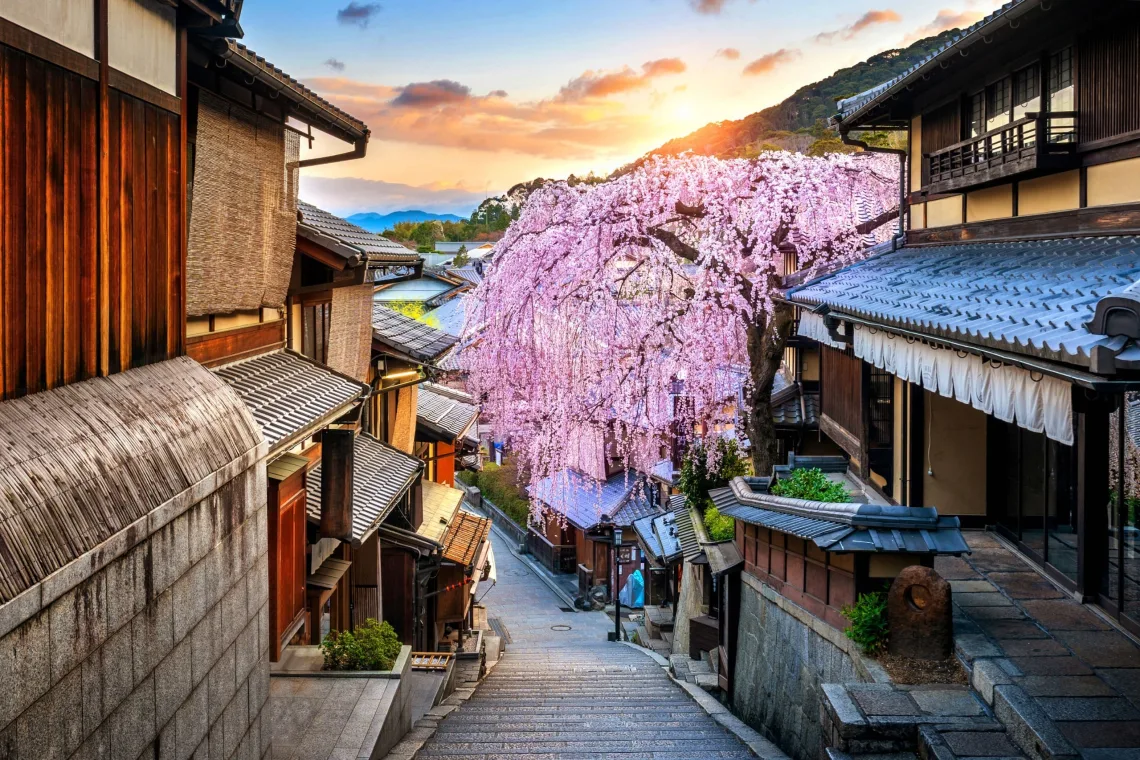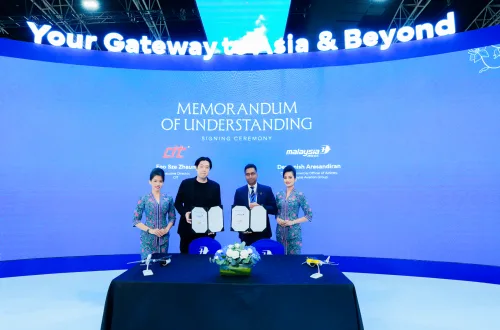
Exploring the Rich Tapestry of
Japanese Culture
Japan is a country where tradition and modernity intertwine seamlessly, creating a unique cultural landscape that captivates the world. From ancient practices to contemporary expressions, Japanese culture offers a diverse array of experiences.
One of the most significant aspects of Japanese culture is its rich tradition of festivals, or “matsuri.” Celebrated throughout the year, these events honor seasonal changes, historical events, and deities. Notable festivals like Hanami, where people gather to appreciate cherry blossoms, and Gion Matsuri in Kyoto showcase Japan’s deep connection to nature and spirituality.
The arts and crafts of Japan are renowned for their meticulous attention to detail and aesthetic beauty. Traditional practices such as the tea ceremony, or “chanoyu,” embody the principles of harmony and respect. Ikebana, the art of flower arranging, emphasizes simplicity and balance, while calligraphy, or “shodo,” reflects the beauty of the written word. In modern times, Japan’s artistic landscape has expanded to include globally influential mediums like anime and manga, which have captivated audiences worldwide and transformed popular culture.
Japanese cuisine is another vital component of its cultural identity. Dishes like sushi, ramen, and tempura are not only delicious but also reflect the country’s emphasis on fresh, seasonal ingredients. The traditional multi-course meal, “kaiseki,” showcases culinary artistry and the philosophy of balance, presentation, and harmony with nature. Dining in Japan is often accompanied by specific etiquette, emphasizing respect and mindfulness during meals.
Architecture in Japan beautifully balances tradition and innovation. Traditional wooden structures, such as temples and shrines, exemplify harmony with the environment, while modern buildings in cities like Tokyo showcase cutting-edge design. The aesthetic principles of simplicity and natural materials are evident in both styles, revealing a deep-rooted respect for nature.
Language and literature are also integral to understanding Japanese culture. The language itself, with its three writing systems—kanji, hiragana, and katakana—offers a glimpse into the country’s complex history. Literary figures like Haruki Murakami have brought contemporary Japanese literature to a global audience, often exploring themes of isolation, identity, and the surreal.
Ultimately, Japanese culture is a profound blend of the old and the new, where ancient traditions coexist with contemporary innovations. Whether through its festivals, arts, cuisine, or literature, Japan invites the world to delve into its enchanting cultural heritage, making it a truly fascinating place to explore.





